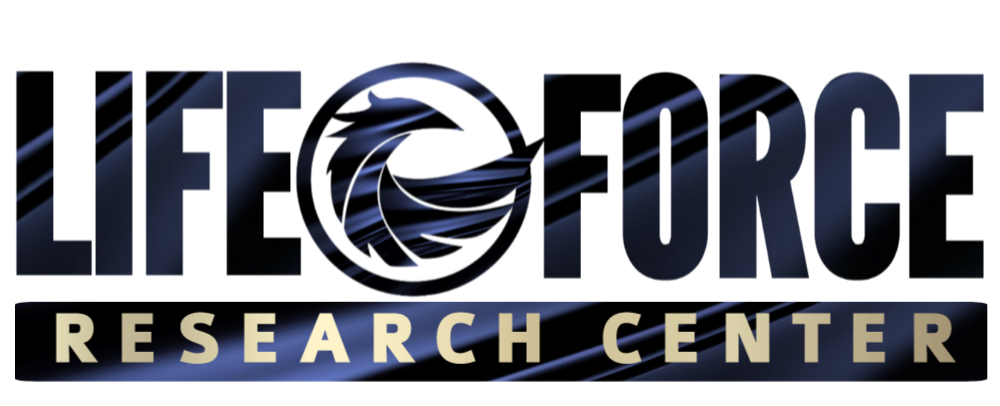Yangpeng Lu, Yanan Jia, Zihan Xue, Nannan Li, Junyu Liu, and Haixia Chen*
Ângela Maria Almeida de Sousa, Academic Editor and Barbara Klajnert-Maculewicz, Academic Editor
Published online 2021 Apr 29
Abstract
Inonotus obliquus (Chaga mushroom) is a kind of medicine and health food widely used by folk in China, Russia, Korea, and some occidental countries. Among the extracts from Inonotus obliquus, Inonotus obliquus polysaccharide (IOPS) is supposed to be one of the major bioactive components in Inonotus obliquus, which possesses antitumor, antioxidant, anti-virus, hypoglycemic, and hypolipidemic activities. In this review, the current advancements on extraction, purification, structural characteristics, and biological activities of IOPS were summarized. This review can provide significant insight into the IOPS bioactivities as their in vitro and in vivo data were summarized, and some possible mechanisms were listed. Furthermore, applications of IOPS were reviewed and discussed; IOPS might be a potential candidate for the treatment of cancers and type 2 diabetes. Besides, new perspectives for the future work of IOPS were also proposed.
Keywords: Inonotus obliquus, polysaccharides, hypoglycemic, anti-tumor, antiviral, applications
Go to:
1. Introduction
According to World Health Statistics 2020, global life expectancy increased from 66.5 years to 72.0 years during 2000 to 2016 [1]. Although the total risk of dying from any of diseases at the age of 30–70 decreased by 18%, the rate of premature deaths (defined as deaths between 30 and 70 years old) caused by diabetes has increased by 5% during this period. Recent statistics from Center for Disease Control and Prevention (CDC) has shown that 34.2 million people within the United States have diabetes till the end of 2020, which took up 10.5% of the whole population [2]. In high-income countries such as the US and EU countries, cancer has become the leading cause of premature death [1]. The American Cancer Society estimated that 1.9 million new cancer cases will be diagnosed and the number of nation-wide cancer deaths will rise to 608,570 in 2021 [3]. Beside reasonable prevention, it is also necessary and urgent to find suitable drugs to cure the disease. Unfortunately, existing chemical and biological drugs for cancers and diabetes have many drawbacks, such as large side effects and high prices [4,5,6]. Therefore, natural products that possess hypoglycemic, anti-oxidation, and anticancer properties is of great significance and drew the researchers’ attention [6,7,8,9].
As early as the 16th century, Inonotus obliquus was used as a folk medicine in Russia, Siberia, and some occidental countries [10,11]. It is a kind of fungus that mostly parasitize on living trunk of birch trees in the cold circumboreal region of the northern hemisphere areas [12,13]; it is also named Chaga mushroom due to its irregularly formed sterile conk with burnt charcoal like appearance [13]. Owing to abundant melanin, the sclerotium and mycelium are mostly black [14]. As most of them grow in high latitudes, the extremely low environmental temperature makes the fungus grow very slow. Thus, in the last two decades, its main active components and pharmacological research have received growing attention. As shown in Table 1, owing to various chemical components including polysaccharides, triterpenoids, polyphenols, and melanin, it has been proven to possess anticancer, anti-inflammatory, antiviral, antioxidant, hypoglycemic, and hypolipidemic activity without obvious side-effects by long-term clinical and animal experiments [15,16,17].
References:
https://www.ncbi.nlm.nih.gov/pmc/articles/PMC8124789/

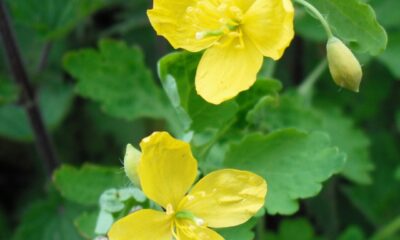
 Alternative Health2 years ago
Alternative Health2 years ago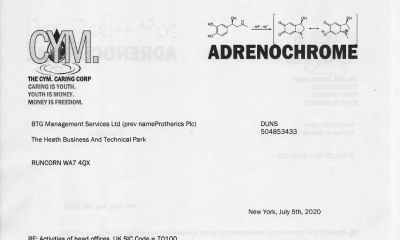
 Life Force Network2 years ago
Life Force Network2 years ago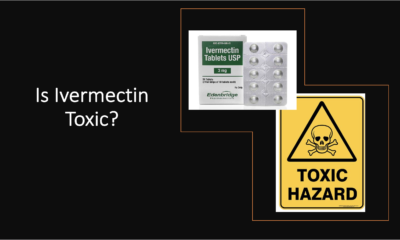
 Alternative Health1 year ago
Alternative Health1 year ago
 Life Force Network2 years ago
Life Force Network2 years ago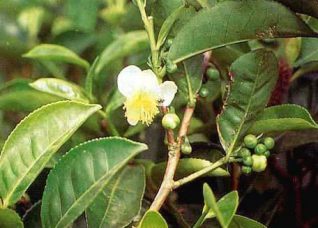
 Alternative Health2 years ago
Alternative Health2 years ago
 Military2 years ago
Military2 years ago